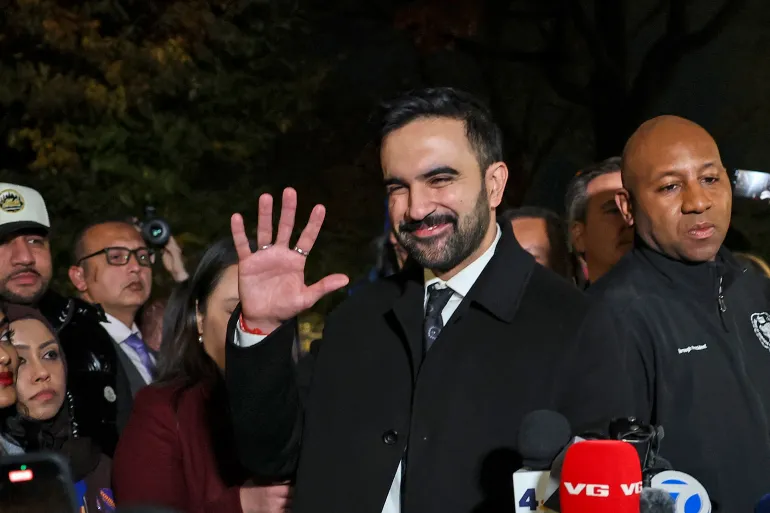In a surprising twist in New York’s political scene, Assemblymember Zohran Mamdani—a proud Democratic Socialist—has begun to find unlikely support among some of the city’s business elite.
Known for his strong stances on housing justice, tenant protections, and public investment in social services, Mamdani has long been viewed with skepticism by corporate leaders. But in recent months, a shift has occurred: key figures in finance, tech, and even real estate have taken a second look at the Queens representative—and liked what they saw.
A New Kind of Partnership
This unexpected alliance is not built on ideological compromise, but rather on shared concerns. As the city grapples with a growing housing crisis, transportation infrastructure challenges, and a fragile post-pandemic economy, Mamdani’s detailed policy proposals and fearless advocacy have earned respect, even among those who don’t share his political label.
“He’s principled, but he listens,” said one Midtown tech entrepreneur who recently attended a roundtable discussion with Mamdani. “He brings data and solutions to the table. That’s rare.”
From Grassroots to Boardrooms
Mamdani’s approach hasn’t changed—he still champions rent control, expanded public transit funding, and corporate accountability. What has changed is the willingness of some business leaders to engage with, rather than dismiss, his ideas.
In particular, his advocacy for state-backed affordable housing construction and his critique of speculative development have sparked new conversations among developers who are struggling to navigate skyrocketing land costs and public opposition to luxury builds.
A Model for the Future?
While the partnership is still in its early stages, it may mark a new era in New York politics—one where the lines between progressive and business interests are less rigid than previously assumed.
As Mamdani put it in a recent statement:
“Economic justice isn’t anti-business. It’s about building a city that works for everyone—from tenants and workers to small business owners and even major employers. If we can agree on that, we can work together.”
For a city defined by both its activism and its ambition, Zohran Mamdani’s cross-sector appeal might be exactly what the future looks like.




